The Emotional Toll of Chronic Illness
Trigger Warning
The content includes information related to mental and emotional distress and it might be upsetting to some people. If you or someone you know have thoughts of suicide, have attempted suicide, or experience emotional distress, contact the National Suicide Prevention Lifeline 1–800–273–TALK (8255) or Live Online Chat.To get general information on mental health and to locate treatment services in your area, contact SAMHSA Treatment Referral Helpline – 1–877–SAMHSA7 (1–877–726–4727).
The emotional toll
Managing bladder cancer is difficult enough, but emotional and mental challenges can also arise. Often, people aren't just coping with one chronic condition, but several, and it can have a negative impact on the mental health of patients and their caregivers. We conducted a large survey of people living with chronic health conditions, such as bladder cancer, and asked many questions to understand the mental health challenges that result from living with one or more physical conditions and how they're recognized and managed.
The many symptoms of mental health
As if bladder cancer wasn't difficult enough to manage and live with, most people also have to cope with a myriad of mental health-related symptoms. People have experienced an average of 12 mental health symptoms, with many (almost 40%) having to deal with these symptoms on a daily basis.
Symptoms can be difficult to identify as being related to a mental health-related condition. Dismissal of symptoms can have serious and devastating consequences.
Coping with mental health
There is no one-size-fits-all treatment for mental health conditions. What works for one person may not work for someone else and that makes it extremely challenging, particularly when also having to manage a chronic physical health condition. But there are many coping tools and treatment options available that are effective for improving mental health symptoms and quality of life.
The Mental Health survey was an online survey conducted with people living with chronic health conditions to gain insights to how physical health conditions impact emotional and mental health and vice versa. A total of 3,275 respondents completed the survey.

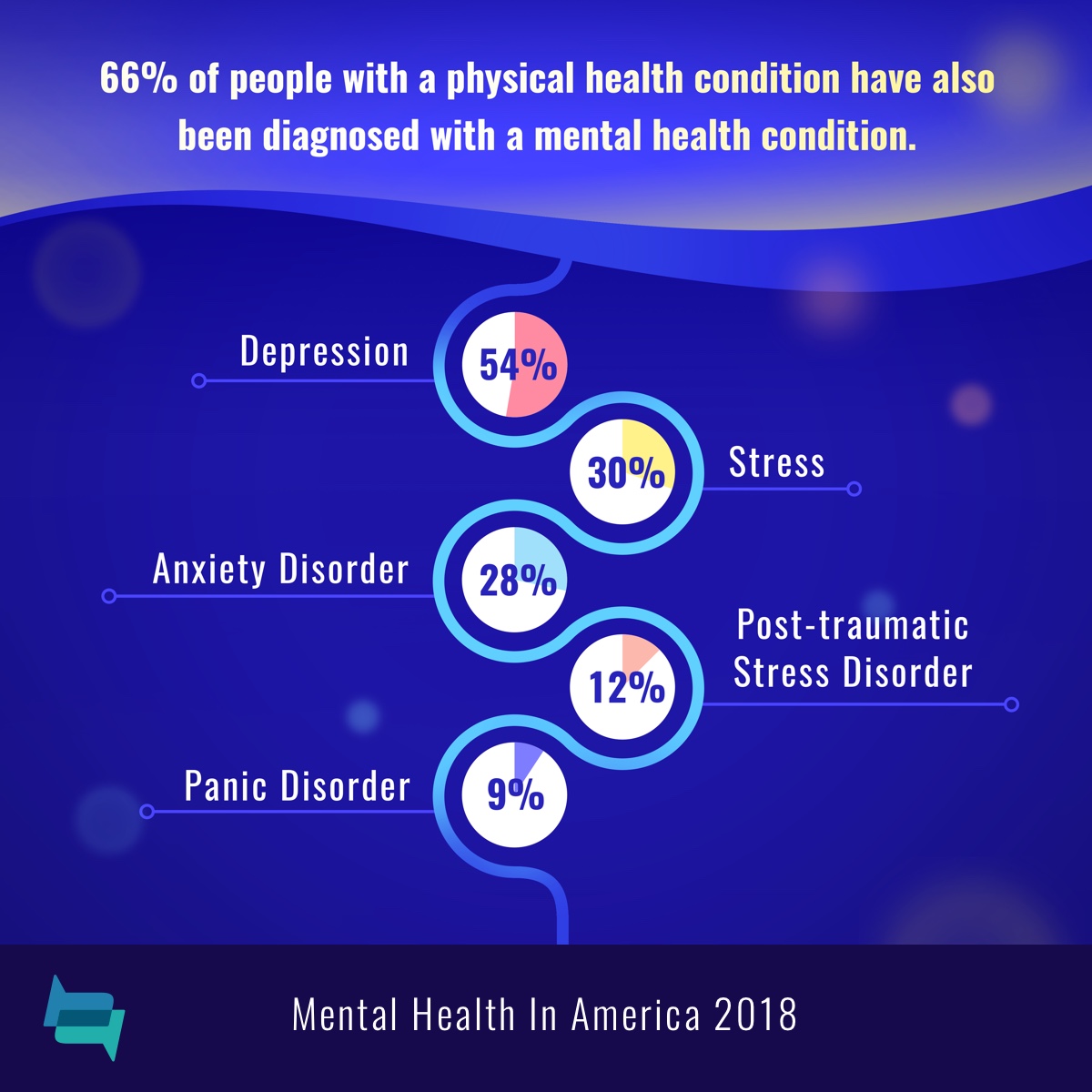
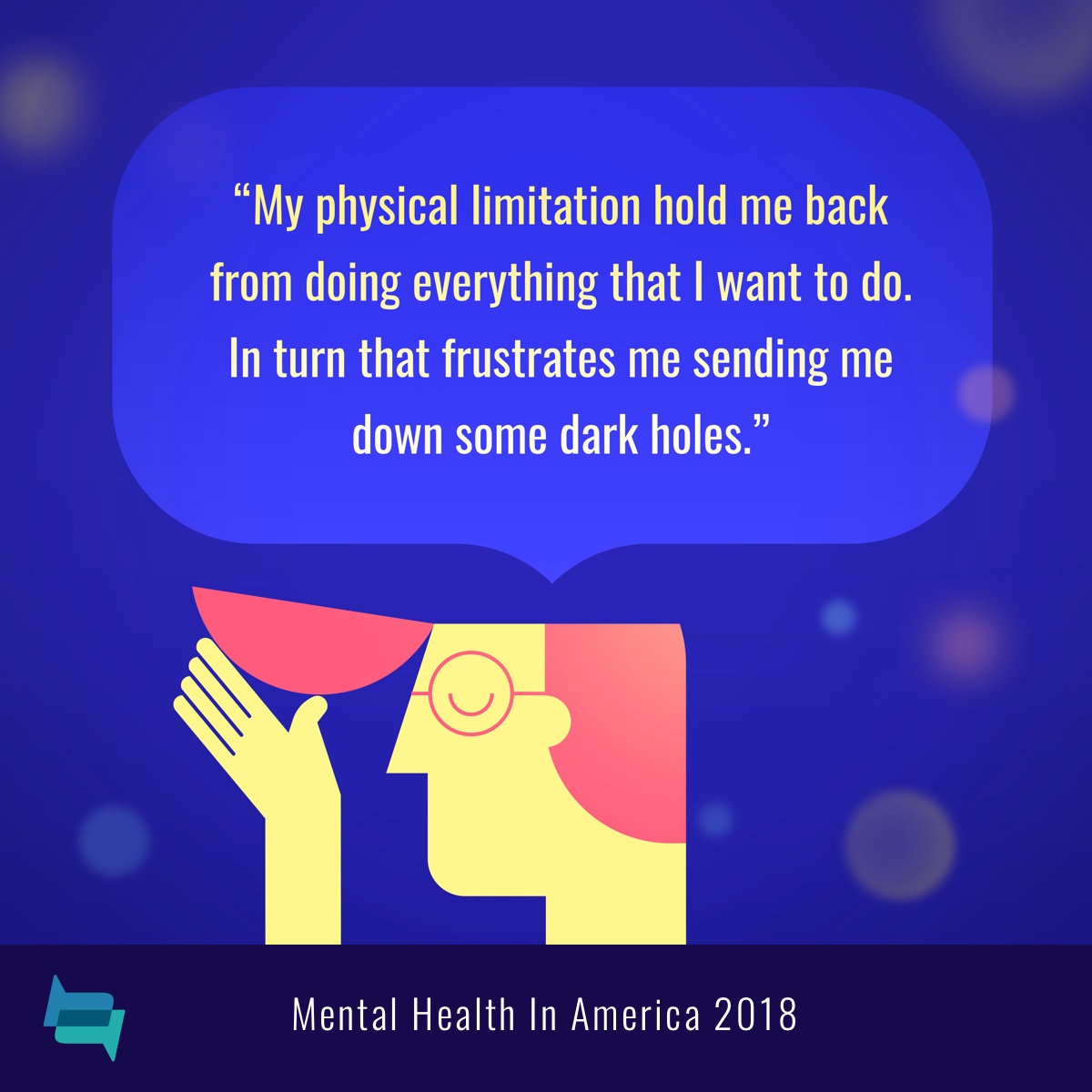
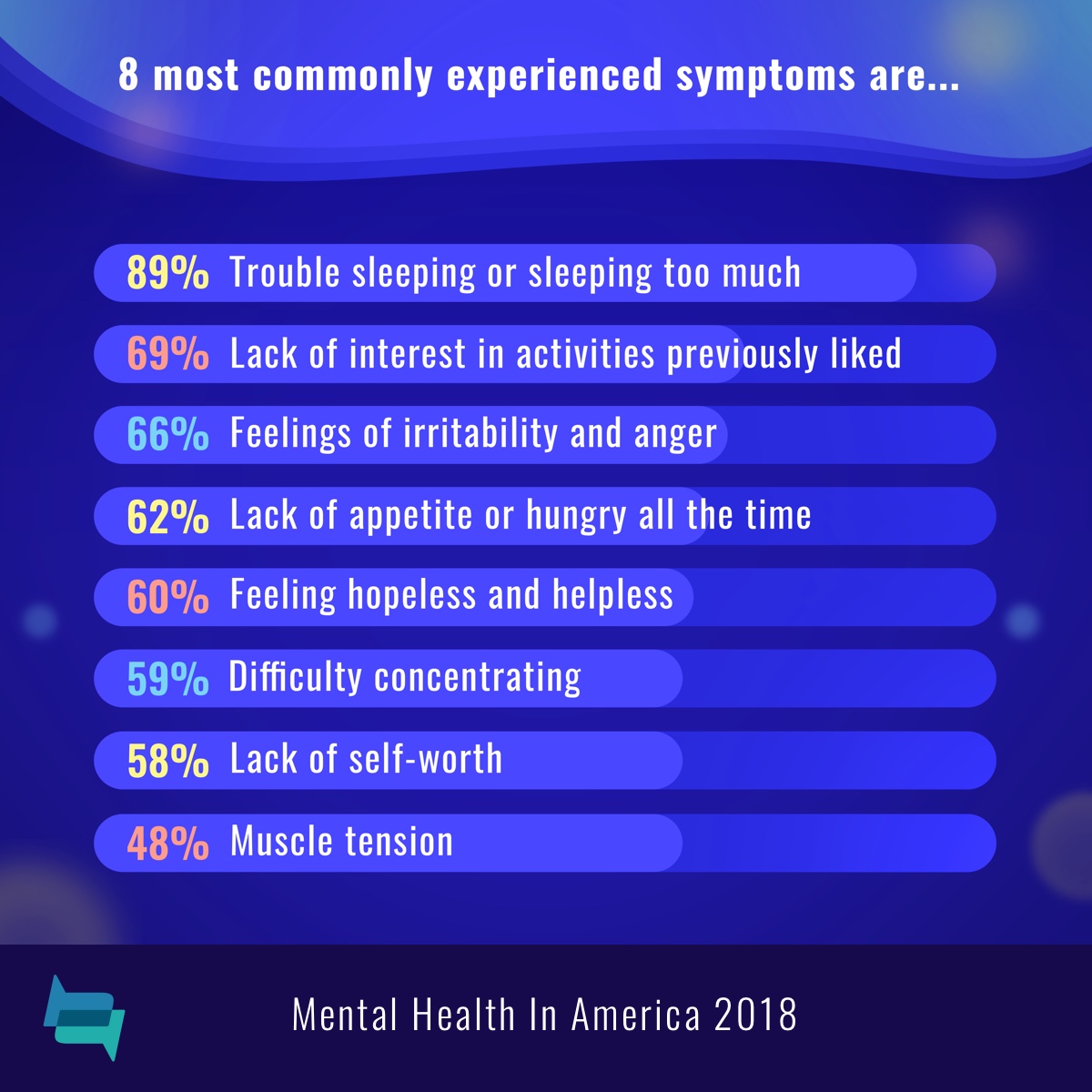
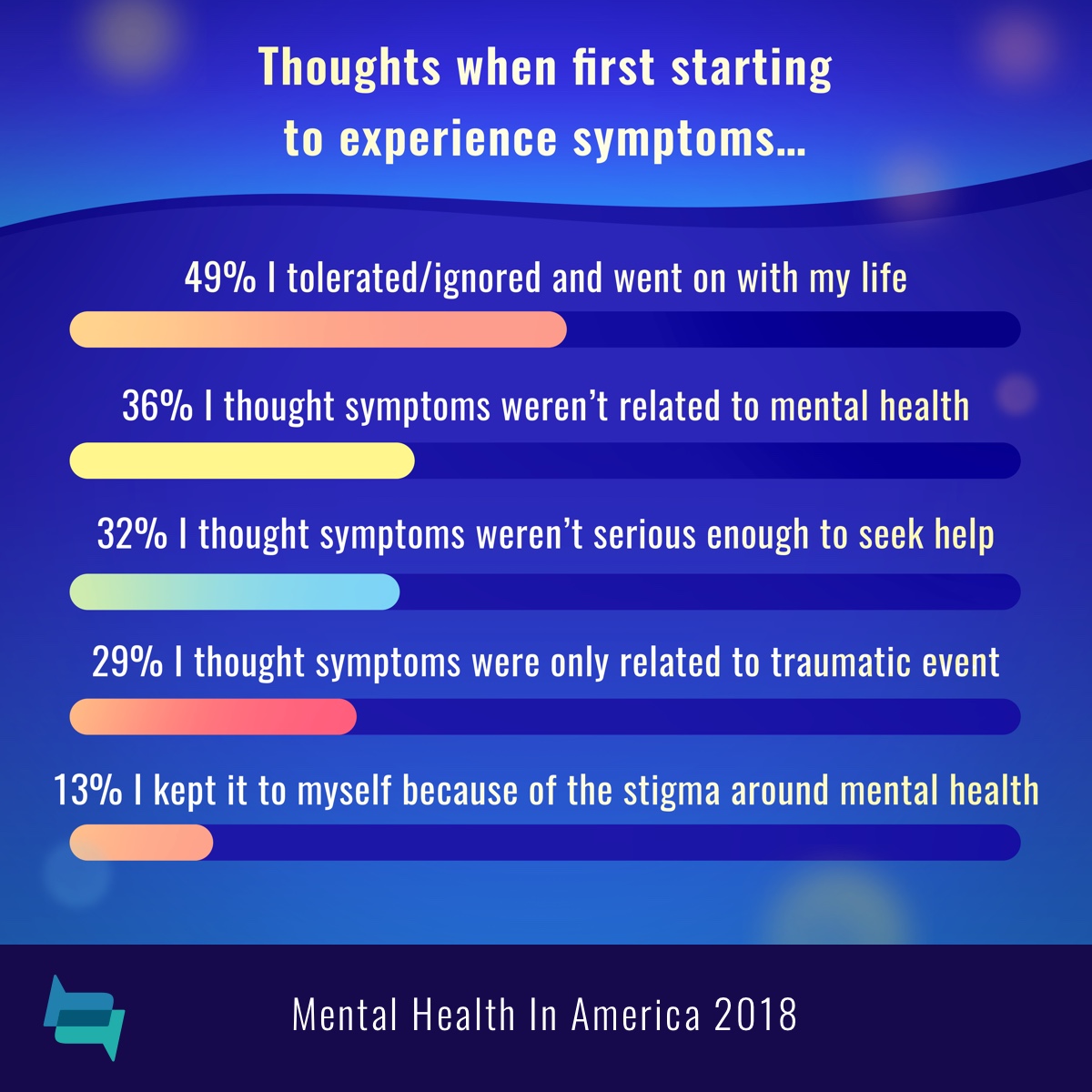
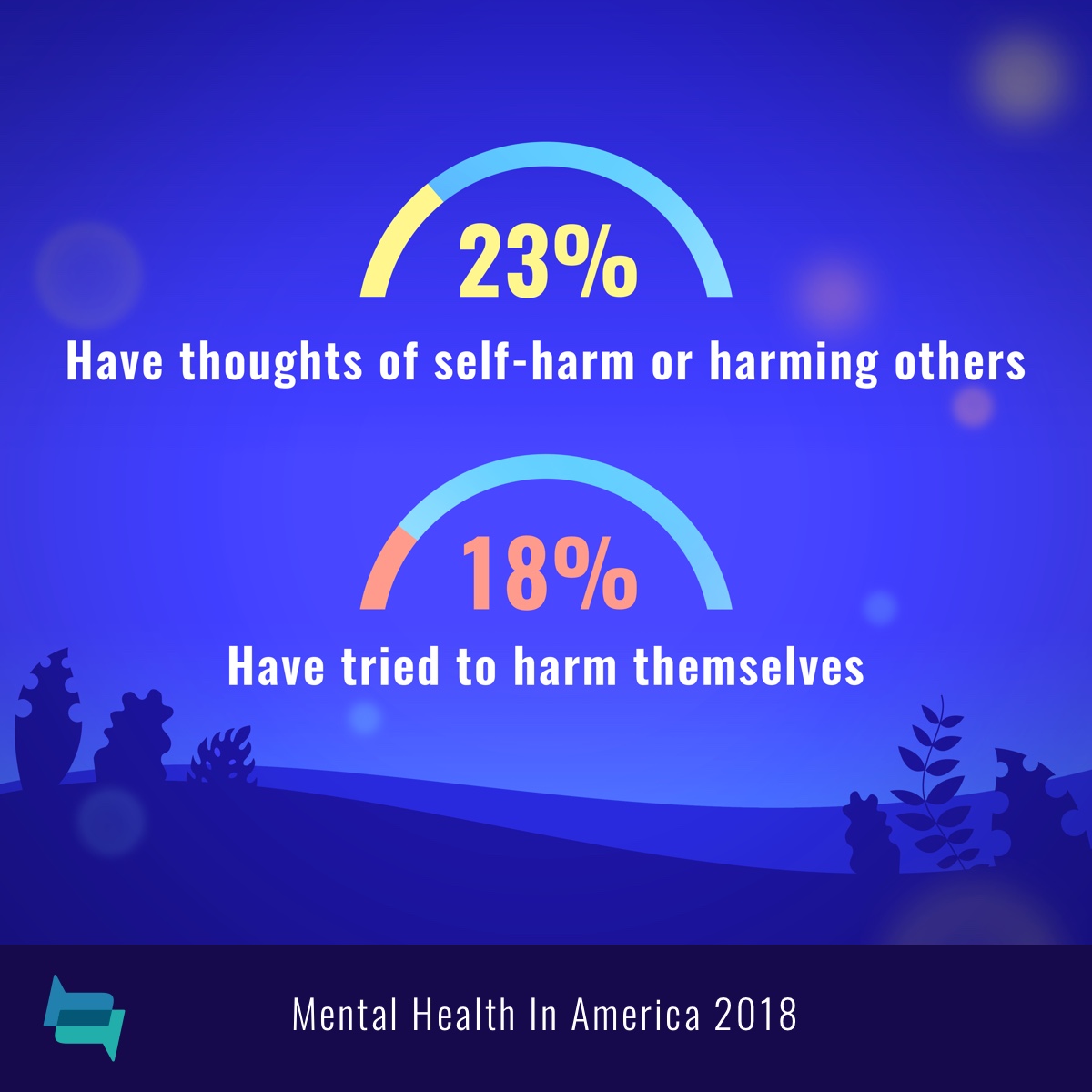
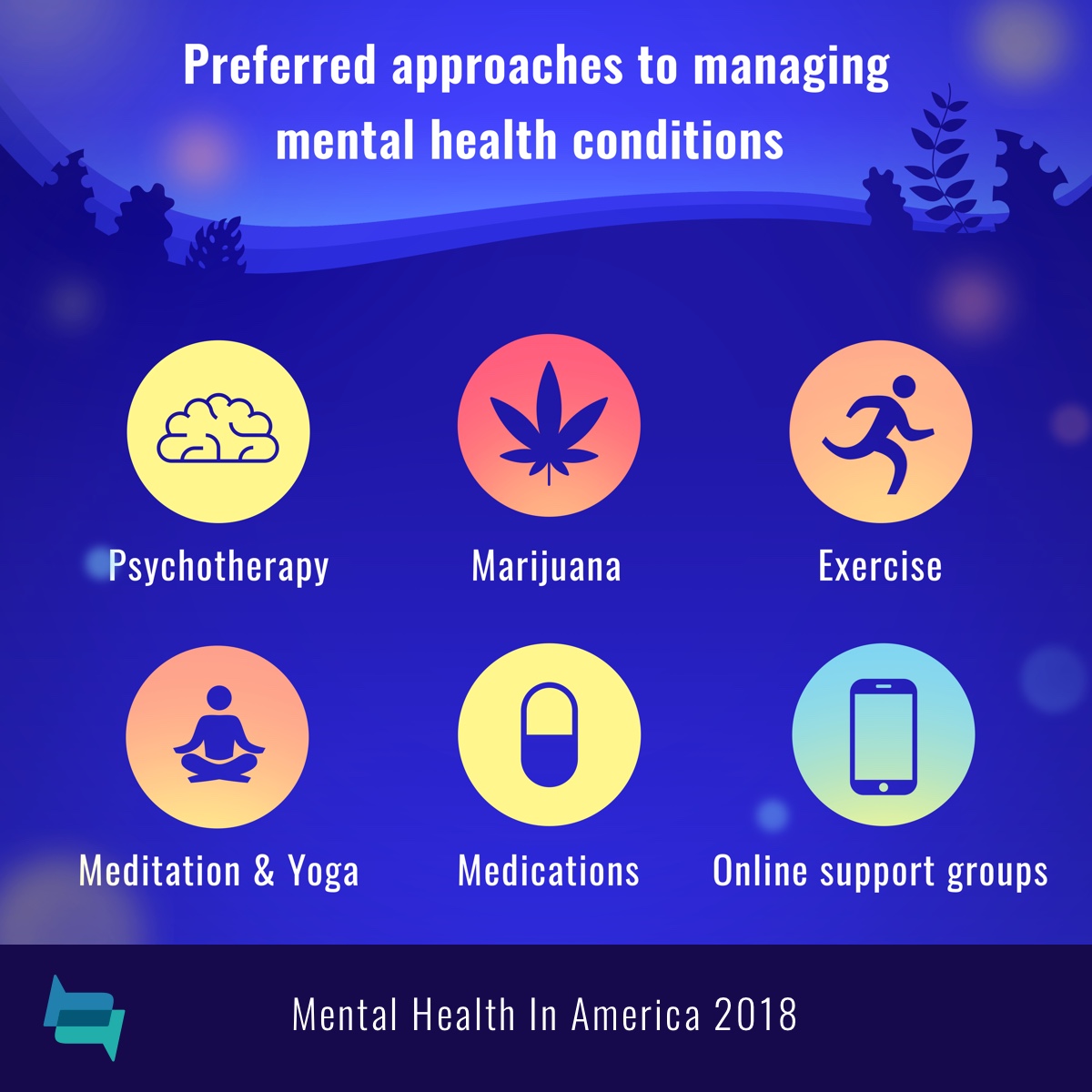
Join the conversation